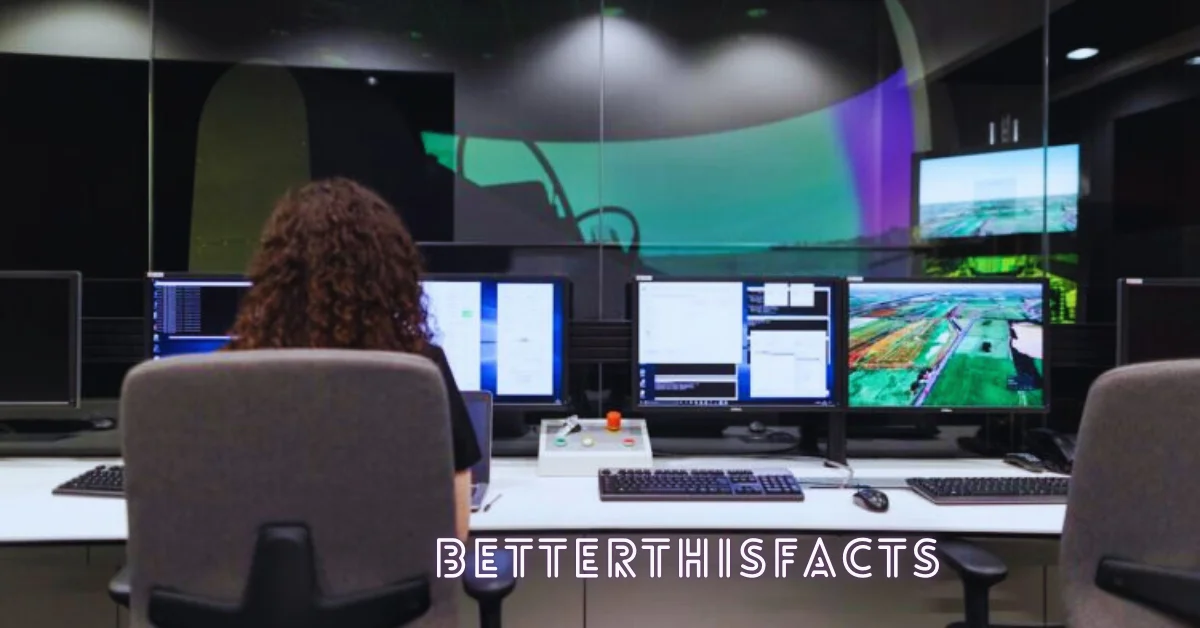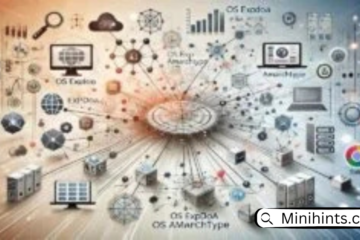In an age where information is ubiquitous and constantly evolving, distinguishing between accurate facts and misinformation has become increasingly critical. “BetterThisFacts” is a term that symbolizes a commitment to improving our understanding and dissemination of factual information. This article delves into the importance of accurate information, strategies for verifying facts, and the impact of misinformation on society.
The Importance of Accurate Information
Accurate information forms the bedrock of informed decision-making, whether in personal life, business, or policy-making. It empowers individuals to make choices based on evidence rather than assumptions or biases. When facts are reliable, they enhance the quality of discussions, reduce conflicts, and foster a more informed society.
Identifying Reliable Sources
One of the first steps in ensuring the accuracy of information is identifying reliable sources. Reputable sources typically include academic institutions, government agencies, established media outlets, and recognized experts in the field. It is essential to evaluate the credibility of these sources by considering their history, expertise, and transparency in reporting.
Fact-Checking Methods
Fact-checking is a systematic process to verify the accuracy of information. It involves cross-referencing multiple sources, checking for corroborating evidence, and assessing the original context of the information. Fact-checking websites and tools, such as Snopes and FactCheck.org, can be valuable resources for verifying claims and debunking misinformation.
The Role of Peer Review in Ensuring Accuracy
In academic and scientific fields, peer review plays a crucial role in maintaining accuracy. The peer review process involves subjecting research to evaluation by experts in the same field before publication. This scrutiny helps to ensure that the research is sound, the methodology is rigorous, and the conclusions are well-supported by evidence.
Common Pitfalls in Information Accuracy
Several pitfalls can undermine the accuracy of information. These include cognitive biases, such as confirmation bias, where individuals seek out information that supports their preexisting beliefs, and the spread of misinformation, which can distort facts through intentional deception or error. Being aware of these pitfalls can help individuals approach information more critically.
The Impact of Misinformation
Misinformation can have far-reaching consequences, from public health crises to social unrest. For instance, misinformation about vaccines can lead to decreased vaccination rates and increased risk of disease outbreaks. Similarly, false information in political contexts can influence elections and undermine democratic processes. Understanding the impact of misinformation highlights the need for vigilance in verifying facts.
The Role of Technology in Fact-Checking
Technology has revolutionized the way we access and verify information. Digital tools, such as search engines and fact-checking apps, can aid in quickly finding and assessing information. Artificial intelligence and machine learning algorithms are increasingly used to detect and flag false information, though they are not without limitations and biases.
Strategies for Educating the Public
Educating the public about information literacy is crucial for combating misinformation. This includes teaching critical thinking skills, promoting media literacy, and encouraging skepticism towards unverified claims. Educational initiatives can help individuals become more discerning consumers of information and reduce the spread of falsehoods.
Case Studies of Fact-Checking Successes
Examining successful fact-checking cases can provide valuable insights into effective strategies for verifying information. For example, the fact-checking efforts surrounding the COVID-19 pandemic demonstrated the importance of timely and accurate information in managing public health. Similarly, fact-checking in political debates has helped to clarify misinformation and provide voters with accurate information.
The Ethics of Fact-Checking
BetterThisFacts is not only a technical process but also an ethical one. It requires a commitment to objectivity, transparency, and integrity. Fact-checkers must strive to avoid bias, disclose sources, and acknowledge uncertainties in their findings. Ethical fact-checking practices ensure that the information provided is trustworthy and reliable.
Challenges Faced by Fact-Checkers
BetterThisFacts face numerous challenges, including the sheer volume of information to verify, the rapid spread of misinformation, and potential backlash from those who disagree with their findings. Additionally, maintaining objectivity in the face of political or ideological pressures can be challenging. Addressing these challenges requires robust methodologies and a commitment to accuracy.
The Future of Fact-Checking
The future of BetterThisFacts will likely be shaped by advancements in technology, evolving media landscapes, and growing public awareness of misinformation. Innovations such as blockchain technology and more sophisticated AI tools may enhance the accuracy and efficiency of fact-checking processes. However, the fundamental principles of verifying facts and ensuring credibility will remain crucial.
FAQ’s
1: What is BetterThisFacts?
BetterThisFacts is a concept that emphasizes improving the understanding and dissemination of accurate information, ensuring that facts are reliable and well-verified.
2: Why is accurate information important?
Accurate information is crucial for informed decision-making, reducing errors, mitigating risks, and supporting effective problem-solving in personal, business, and policy contexts.
3: How can I identify reliable sources of information?
Reliable sources are typically reputable organizations like academic institutions, government agencies, and established news outlets. Evaluate them based on credibility, evidence-based reporting, and transparency.
4: What are some effective methods for fact-checking?
Effective fact-checking involves cross-referencing multiple sources, evaluating context, using fact-checking websites like Snopes, and checking the expertise of the source.
5: What role does peer review play in ensuring information accuracy?
Peer review involves evaluation by experts before publication, helping to identify errors and ensure that research is robust, credible, and methodologically sound.
Conclusion
BetterThisFacts embodies the ongoing effort to enhance our understanding and use of accurate information. By employing reliable sources, utilizing effective fact-checking methods, and staying vigilant against misinformation, we can contribute to a more informed and trustworthy information environment. As technology and society continue to evolve, maintaining a commitment to accuracy and integrity will be essential in navigating the complexities of the modern information landscape.




